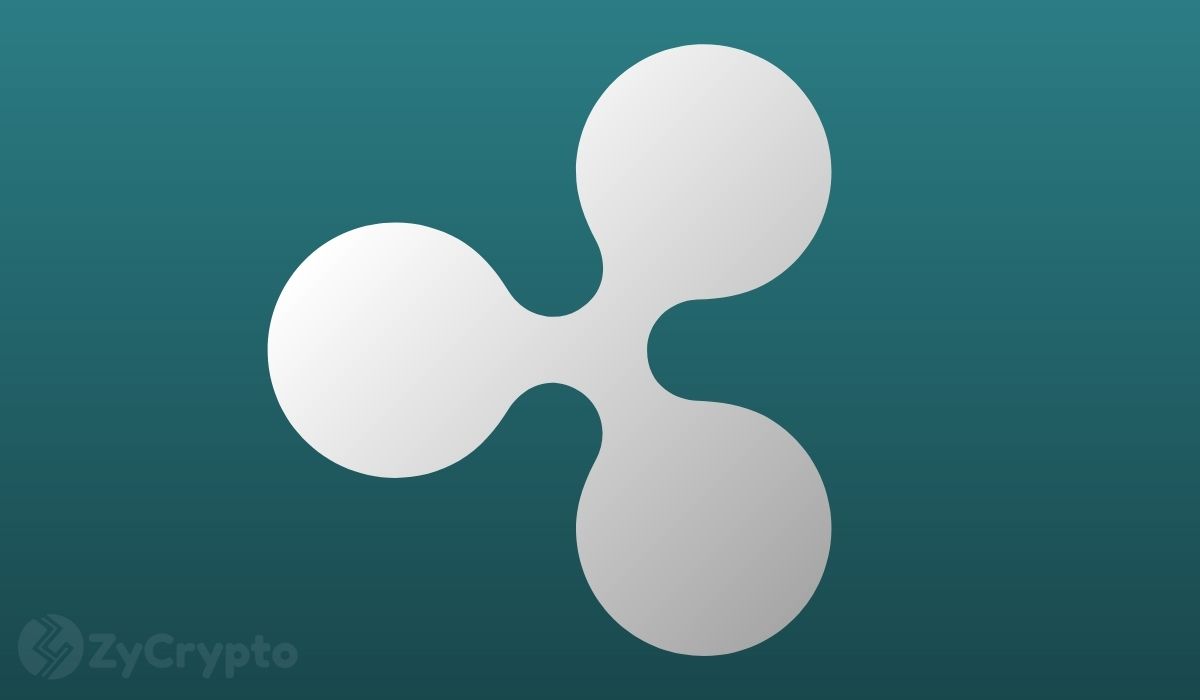Ripple is experiencing substantial growth in Asia, particularly in Singapore, where its On-Demand Liquidity (ODL) service witnessed a five-fold increase in transactions in 2022. The company plans to continue expanding its presence in the region sustainably. The Monetary Authority of Singapore has also granted Ripple in-principle regulatory approval, further boosting its prospects in the region.
Rahul Advani, Asia-Pacific (APAC) Policy Director at Ripple, said on Twitter, “With good progress being made on our Monetary Authority of Singapore (MAS) license application, Ripple is more motivated than ever to pursue our vision of revolutionising cross-border payments and developing tokenisation solutions to solve real-world problems.”
Hong Kong Pilot Program
Ripple is also actively involved in a pilot program for central bank digital currency (CBDC) with the Hong Kong Monetary Authority (HKMA). Hong Kong is emerging as a potential hub for virtual assets, with its own set of rules for cryptocurrency exchanges serving local residents and upcoming regulations for stablecoins. This development generates excitement within the industry, along with the crypto-specific regulations in Singapore, Japan, and the European Union.
With the impending license in Singapore, where much of its on-demand liquidity transactions occur, Ripple can further expand its presence in the APAC region and enhance the use of its ODL solution. The Monetary Authority of Singapore’s (MAS) focus on supporting real-world use cases rather than crypto speculation has positively influenced the company.
Regulatory Clarity is Key
As local crypto regulations are expected to evolve, Ripple will need to comply with guidelines that protect investors and build trust to drive blockchain adoption for frictionless cross-border payments, addressing the inefficiencies of legacy financial infrastructure.
“In jurisdictions like Singapore, Japan, and Hong Kong, regulators are willing to sit down and have a conversation with you. You understand exactly what’s regulated and what’s not regulated,” Advani added, saying that in the United States, things are not that straightforward even with the recent ruling by Judge Torres.
On July 13, the court dismissed the U.S. Securities and Exchange Commission’s (SEC) assertion that XRP is a security and dismissed the SEC’s complaint against Ripple, its CEO, and its chair. This historic decision affirms that XRP is not a security, a major victory for Ripple and the whole U.S. crypto market. The decision sets a precedent for other crypto assets and tokens in the United States, challenging the SEC’s approach to regulating cryptocurrencies through enforcement.
Ripple appears to be firmly focused on Asia, whilst the SEC has hinted that it may appeal the decision, leaving the US subject to legal ambiguity. After establishing Ripple’s APAC headquarters in Singapore in 2017, the city saw a large volume of ODL transactions and a five-fold increase in 2022. This comes in addition to a doubling of staff in Singapore, with further expansions already in the planning.
The MAS is now working on regulations to support investor protection, which could entail demands for client asset segregation, keeping assets in trust, and daily reconciliation, likely proving vital in fostering acceptance of blockchain technology and fostering confidence.


